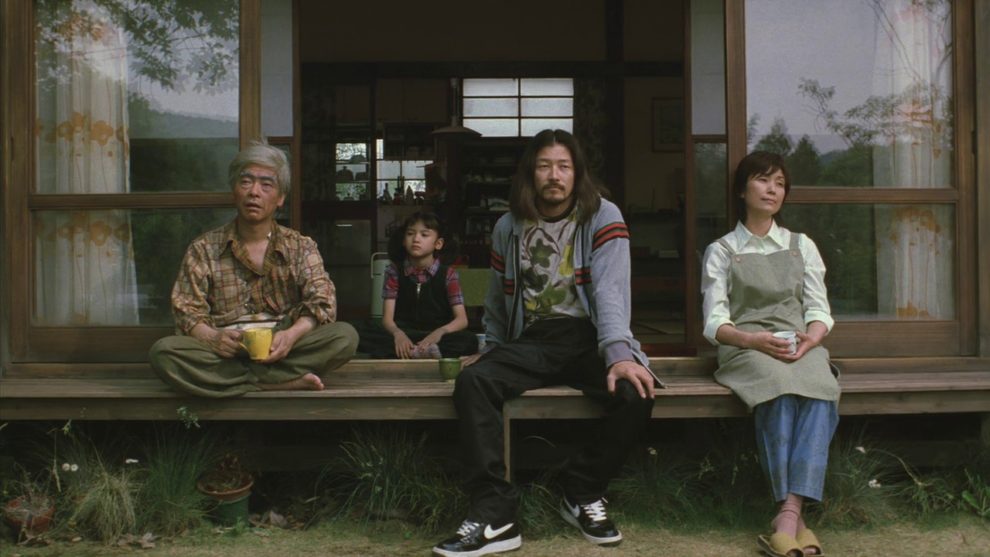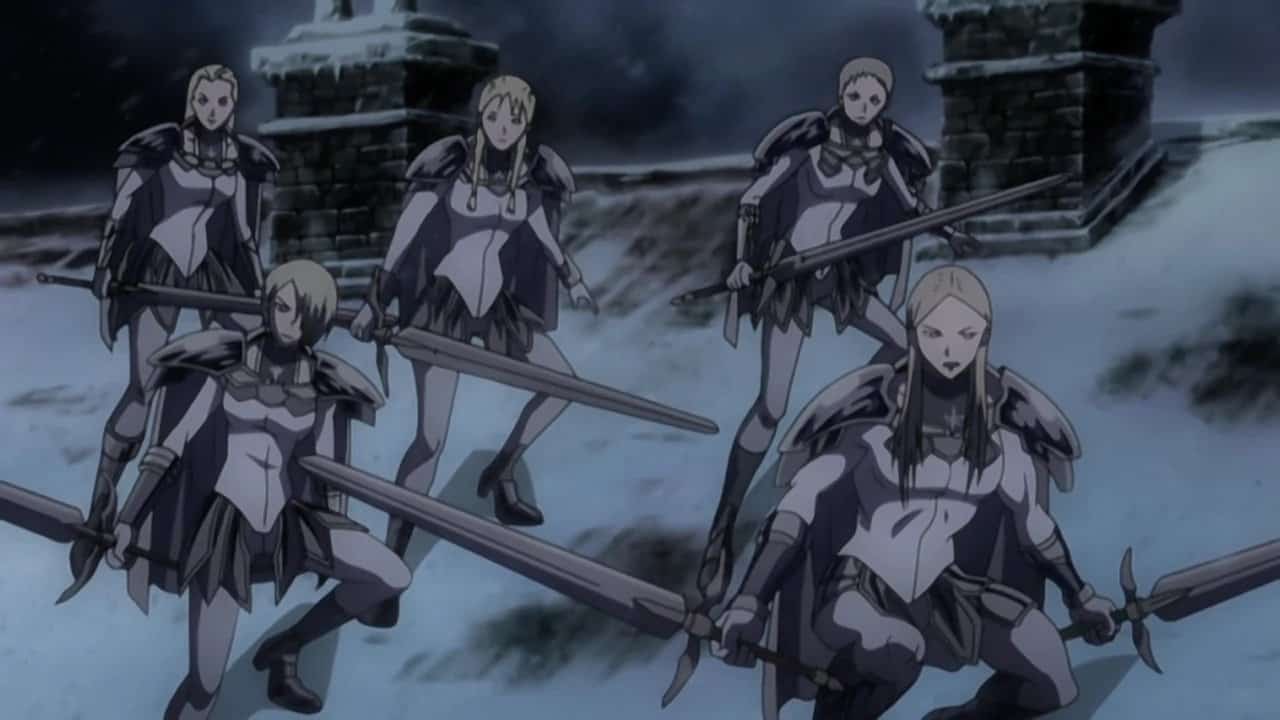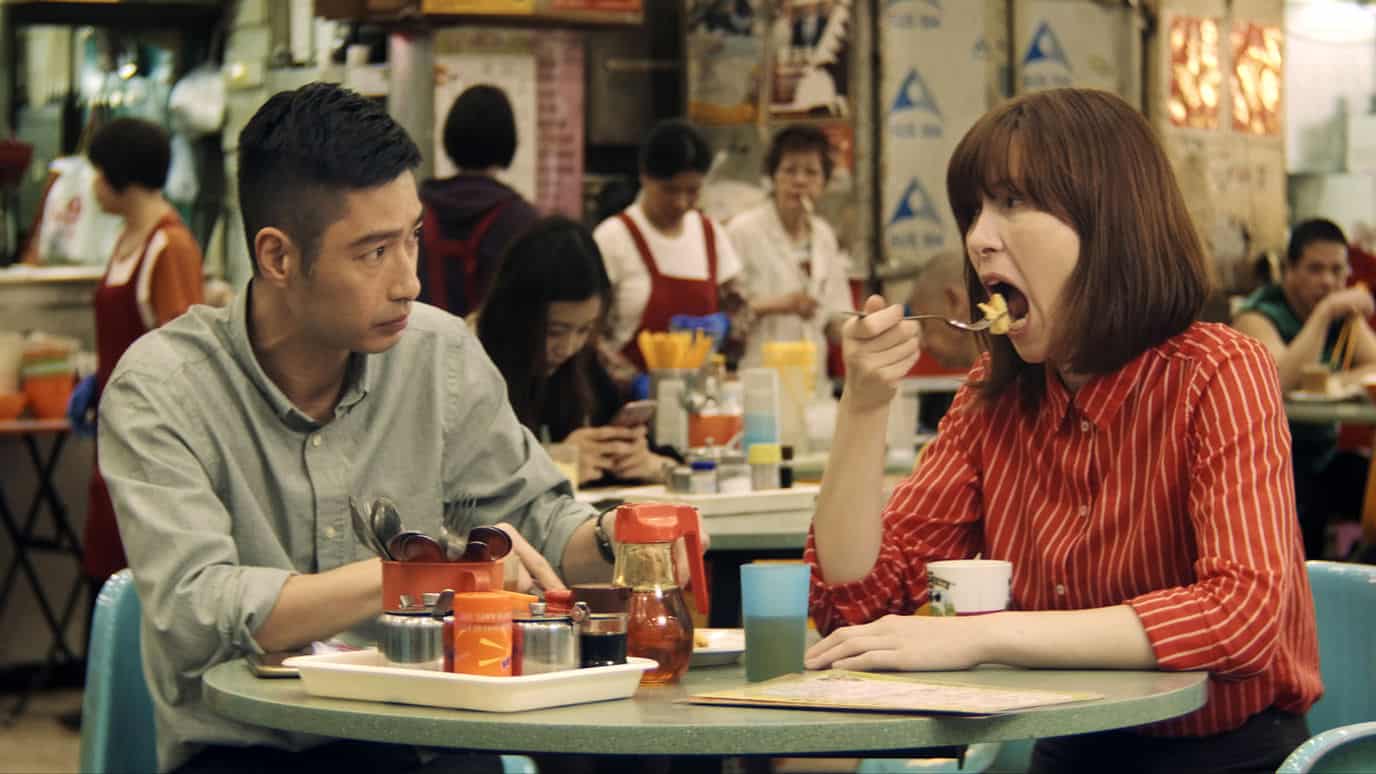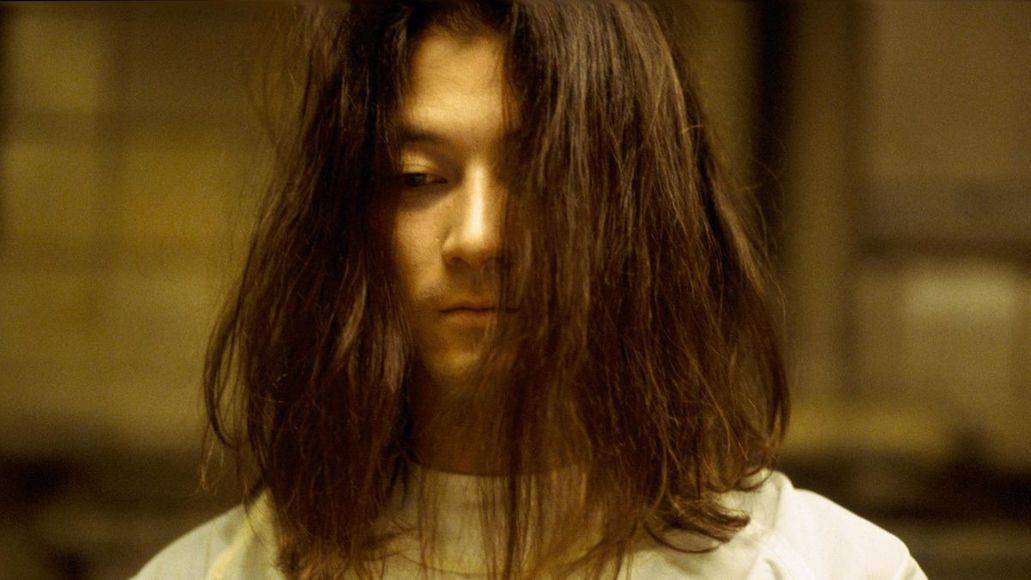One of the most impressive traits of a number of Japanese filmmakers is the way they accept their inner quirkiness and channel it to occasionally impressive, but always intriguing and surrealistically funny narratives. This trait finds one its apogees in Katsuhito Ishii's “Taste of Tea” from a director that has actually based its career in this particular tactic. The movie is also one of the most successful of the director, winning awards from festivals both in Japan and all over the world.
Buy This Title
The Haruno family is a clan of “weirdos” living in a house in a small rural town outside of Tokyo. Nobuo, the father is a hypnotist who occasionally practices on his own family and hates his brother, a flashy manga artist who lives in the city. Ayano, the cool uncle, who is a sound recordist, also stays in the house taking a sabbatical and trying to confront his feelings for an ex-girlfriend who married another man after he left for the city. Mother Yoshiko is trying to get back to her old job as animator by making a hand-drawn short using the grandpa as her model, while also taking care of all the house chores. The rather eccentric grandpa frequently acts like a child, playing or mocking his two grandchildren, at least when he is not asking for squid or acting completely weird. Hajime the son, is attending high-school and is trying to recuperate from the girl he loved leaving before he was able to express his feelings. The appearance of a new classmate reinvigorates both his feelings and his hormones. Sachiko, the little daughter is facing a crisis in the shape of a huge double who hangs around her looking at her intently almost constantly, with the girl being convinced that it will go away as soon as she manages to do a complete back flip.
The narrative follows an episodic approach through the meetings of the family members with equally quirky and eccentric individuals, who also seem to represent all the “nerdy” pop culture of Japan. In that regard, the meetings include otakus, cosplayers and animators, a peculiar dancer Ayano meets by the river, a man who practices baseball nearby by himself and is eventually revealed to be a yakuza, a member of a motorcycle gang with his girlfriend, go players including Hajime and Nobuo and many others. This collections of adorably absurd characters leads to even more absurd episodes, including a music video, a man buried in the mud etc, all of which interact with the family members usually with hilarious outcomes.
At the same time, Ishii seems to make a number of sociophilosophical comments. The way the family members have accepted their own quirkiness as much as that of the rest seems like a nominal way for a family to work, as this tactic allows for everyone to explore their creativity in any way they want, without judgment or harshness, and actually to co-exist in the most natural and harmonic way. Furthermore, and particularly through the character of grandpa, which is portrayed excellently by Tatsuya Gashuin, Ishii suggests that not everything is as it seems and that behaviours that are easily misunderstood can actually have a wonderful ulterior motive, in a comment that also moves towards the acceptance of the surrounding “eccentricity”.
Apart from the aforementioned, some impressive animation scenes and a number of surreal special effects, the movie follows the rules of the Japanese indie drama. Kosuke Matsushima's cinematography focuses on realism and the presentation of the beauties of the rural setting, although he also includes some playful voyeuristic notions through the sequences presented through the eyes of the grandfather. Ishii's own editing induces the film with a relatively slow tempo, which is made to seem somewhat faster, though, through the many episodes that take place in the story. The usual lagging and a prolonged ending are not missing from here also, but these are minor faults and do not hinder the overall great sense the film leaves
The casting is one of the movie's best assets. Apart from Gakuin who steals the show with each appearance, Tadanobu Asano is also impressive as Ayano, with the rather awkward scene with his ex-girlfriend being the apogee of his performance.Takahiro Sato as Hajime is great in portraying his teenage awkwardness, while Maya Banno is truly adorable as Sachiko, despite the fact that she has very few lines. What is also impressive is the actors who take up the secondary roles and include Anna Tsuchiya (she won a bunch of newcomer awards), Hideaki Anno, Ryo Kase, Susumu Terajima, Rinko Kikuchi, Kenichi Matsuyama, Issei Takahashi and many more
“Taste of Tea” is an excellent film that manages to work on a number of levels, and a true tribute to Japanese quirkiness.
















